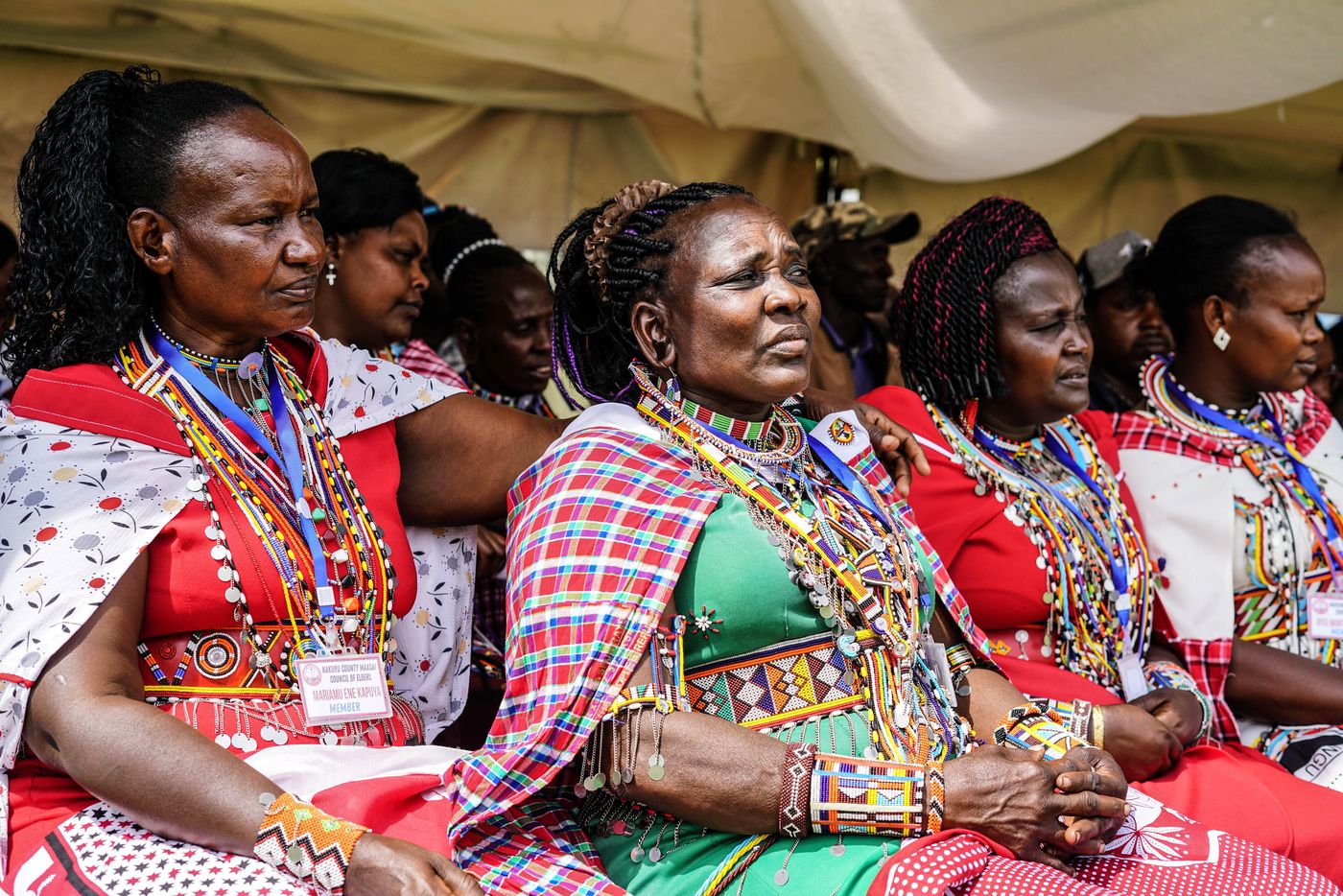Localizing Development to the Grassroots: Potentials and Limits of Engaging with Community Groups
Megatrends Policy Brief 40, 30.07.2025, 8 Seitendoi:10.18449/2025MTA-PB40
Amid rising restrictions on foreign funding, localization—directly funding local groups—is seen as a path to more effective, locally owned aid. This policy brief examines whether donors should shift support from large civil society organizations to grassroots community groups.

Members of community groups often access resources through local leaders such as elders, who hold legitimacy within their communities and act as key connectors to opportunities. Here, Members of the Maasai attend the official inauguration of the Council of Maasai Elders, which will represent the Rift Valley region, held in Nakuru, Kenya on June 20, 2025.
© picture alliance / Anadolu | James Kamau Wakibia